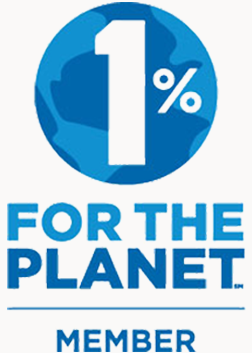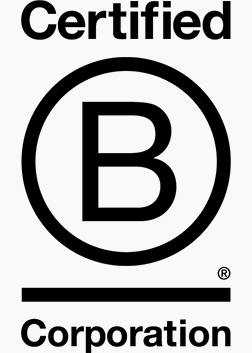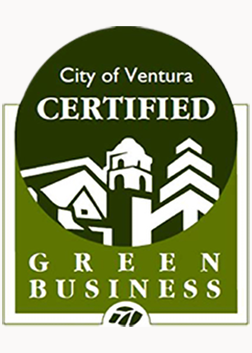There is no doubt that we have an increasing need to adopt more sustainable living practices, and the concept of refilling stands out as a ray of hope—a straightforward yet powerful solution that embodies the concept of the circular economy.
We’re proud to support this transforming method of consumption that not only reduces waste but also paves the way for a more environmentally friendly future for all. Refilling has already had a significant impact on the circular economy, creating a more sustainable planet.
Circular Economy Basics
The circular economy, at its core, aims to keep products and materials in use for as long as possible, which cuts down on waste, saves resources, and gets the most value out of them throughout their lifecycle.
It says goodbye to the old "take, make, dispose" model and encourages a more holistic and regenerative approach that includes practices like reusing, repairing, refurbishing, and recycling. By designing items with longer lifespans, using easily separated and recyclable materials, and avoiding harmful substances that complicate recycling processes, it also aims to design out waste and pollution.
This fresh outlook on sustainability reminds us to keep exploring new ideas, working together, and considering the bigger picture to create a more resilient and stronger global economy.
The Role of Refilling in the Circular Economy
Refilling lies at the heart of the circular economy, representing its core principles in a practical way. Customers can easily give containers, bottles, and packaging a new life through the practice of refilling, thereby extending the lifespan of products and materials.
This approach effectively minimizes our reliance on single-use items and mitigates the detrimental effects of excessive consumption on the environment. It's a simple yet effective way to close the loop, turning waste into a valuable resource and encouraging a more sustainable approach to daily life.
The Benefits of Refilling
Reducing Waste: Refilling is a wonderful way to prevent garbage from ending up in landfills and oceans, reducing the negative impact of single-use packaging and disposable items on the environment. By encouraging customers to refill containers rather than trash them, we can seriously cut down on waste and save important resources for the future.
Resource Conservation: By prolonging the lifetime of items and materials in use, refilling helps to preserve natural resources, including water, energy, and raw materials. It also reduces the carbon footprint associated with manufacturing, shipping, and disposal, as well as the demand for virgin materials, thereby reducing the environmental impact of production methods.
Cost Savings: Not only does refilling help the environment, but it can also save you some money. When customers refill containers with bulk products, they can often save money by paying less per unit. We think cutting down on spending on household essentials is always a good thing!
Community Engagement: When customers, businesses, and neighborhood organizations come together to refill, it creates a strong sense of community, connection, and shared responsibility. It encourages engaging conversations, open discussions, and teamwork on sustainability issues, empowering people to work together and make a difference in their own communities.
Our Commitment
We’re proud to be at the forefront of the movement towards a circular economy. Our commitment to refilling goes beyond providing eco-friendly products; it influences every aspect of our business, from where we source our products to how we package them. We also love getting our customers involved and reaching out to the community.
We are committed to upholding the highest standards of environmental and social responsibility as a certified B Corp. and member of 1% for the Planet. When you make a purchase, you can feel satisfied knowing that you're contributing to a more sustainable future.
The transition to a circular economy won't happen overnight, but with each refill and each conscious choice, we're moving one step closer to a world where waste is minimized, resources are conserved, and communities thrive.





